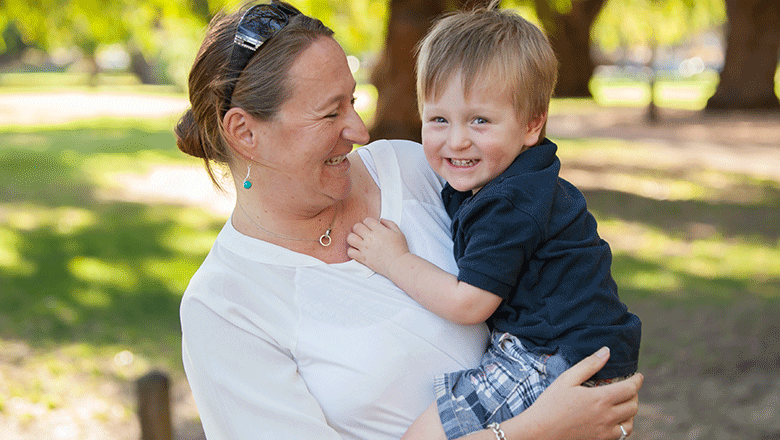Search
News & Events
$2 million boost to child development researchResearchers at Perth's The Kids for Child Health Research have been awarded a prestigious Australian Research Council linkage grant
News & Events
30% of children at risk of future heart diseaseAlmost 30% of 14-year-old Australian children fall within a group identified as being at future increased risk of heart disease, type 2 diabetes or stroke
News & Events
Alarming increase in drug affected newbornsA new Australian study has found that the number of newborns suffering serious drug withdrawal symptoms is now more than 40 times higher than in 1980.
News & Events
WA researchers awarded $9.7 million for ground-breaking child health studiesWA researchers awarded $9.7 million for ground-breaking child health studies

News & Events
Australian Early Development Census National ConferenceThe Australian Early Development Census National Conference 2015 will be held from 18-20 February 2015.
News & Events
New approach needed to tackle child abuse and neglectLeading child advocates have called for a new approach to tackling child abuse and neglect amid rising rates of abuse notifications
News & Events
Mixed results for late talking toddlersFindings from the world's largest study on language emergence have revealed that one in four late talking toddlers continue to have language problems at age 7
News & Events
National snapshot of children's developmentNearly a quarter of Australian children could be developmentally at risk, according to the findings of the Australian Early Development Index (AEDI)

News & Events
Early Years Partnership budget boost welcomedThe Kids Research Institute Australia has welcomed today’s announcement by the Cook Government and Minderoo Foundation of a $34.6 million boost for the Early Years Partnership to achieve better outcomes for children.

News & Events
The Kids researcher joins global program to enhance mental health of bubsA The Kids Research Institute Australia researcher whose work focuses on the mental health of babies and young children has been chosen from a global field to become one of 20 new Zero to Three Fellows.
